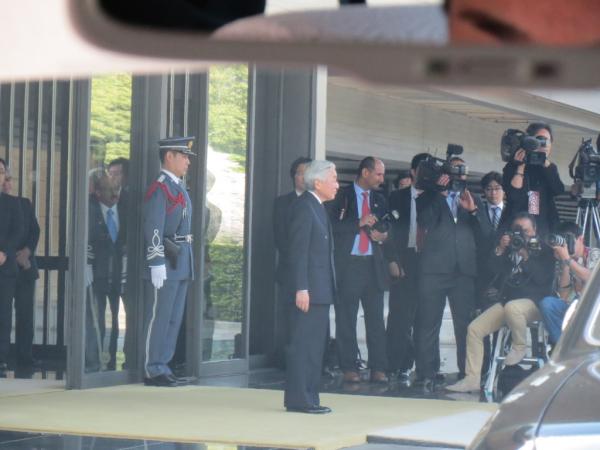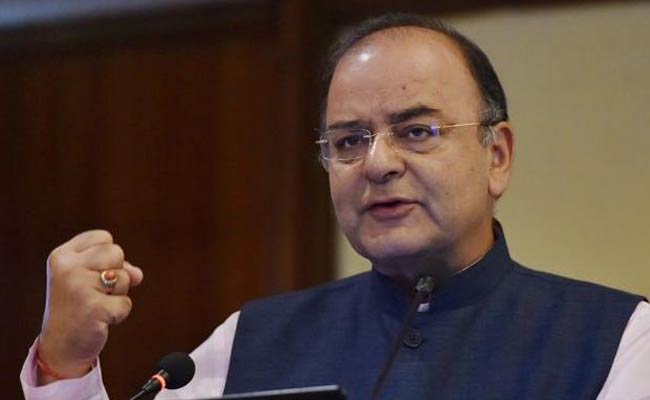TOKYO: It has been something of an open secret in Japan that Emperor Akihito would like a privilege most people take for granted: At 82, he wants to retire. The question is whether the Japanese and their elected leaders will let him.
In an extraordinary televised address on Monday, the popular emperor spoke publicly about the issue for the first time. Though his words were characteristically vague — he discussed his age, his rigorous daily schedule and what he called his increasing physical limitations — the message was unmistakable.
“I am concerned that it will become more and more difficult for me to fulfill my duties as a symbolic emperor,” he said in a prerecorded address that lasted about 10 minutes and was broadcast on multiple Japanese television networks.
First reported in banner headlines by the Japanese news media in July, Akihito, who has been treated for cancer and heart problems, was said to want to retire and pass the title to his son Crown Prince Naruhito, 56. Prince Naruhito appears to share his father’s quiet temperament and wish to keep the monarchy apolitical.
But abdication is complicated because of Japanese law, which says an emperor serves until death. Parliament would have to change the law for Akihito to step down.
In a short response, Prime Minister Shinzo Abe suggested that his government was open to changing the law, though he stopped short of making a specific commitment to do so.
Japanese emperors define eras in the country. Its unique calendar is based on their reigns: 2016 is expressed as Akihito’s 28th year on the throne, and when his successor takes over, the date will reset to Year One.
(Sourced from agencies, Feature image courtesy:twitter.com)
























